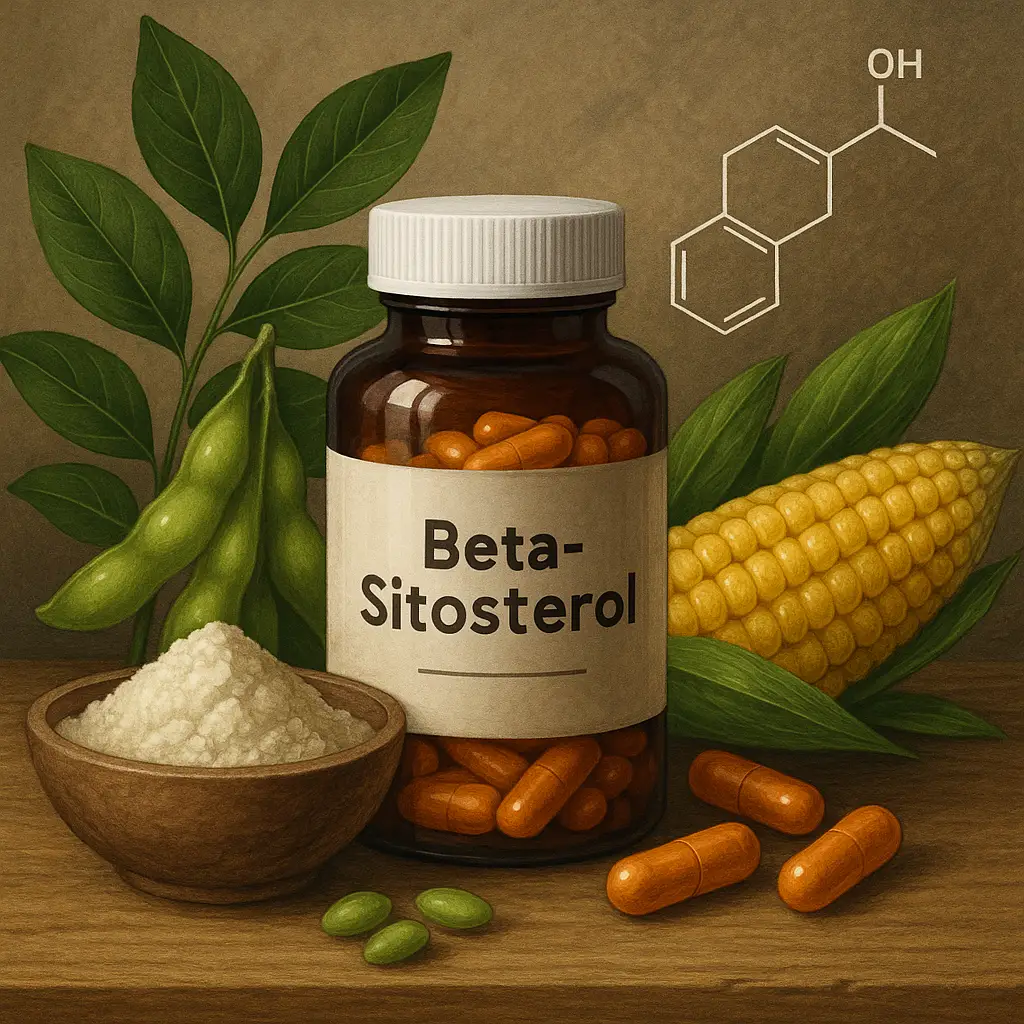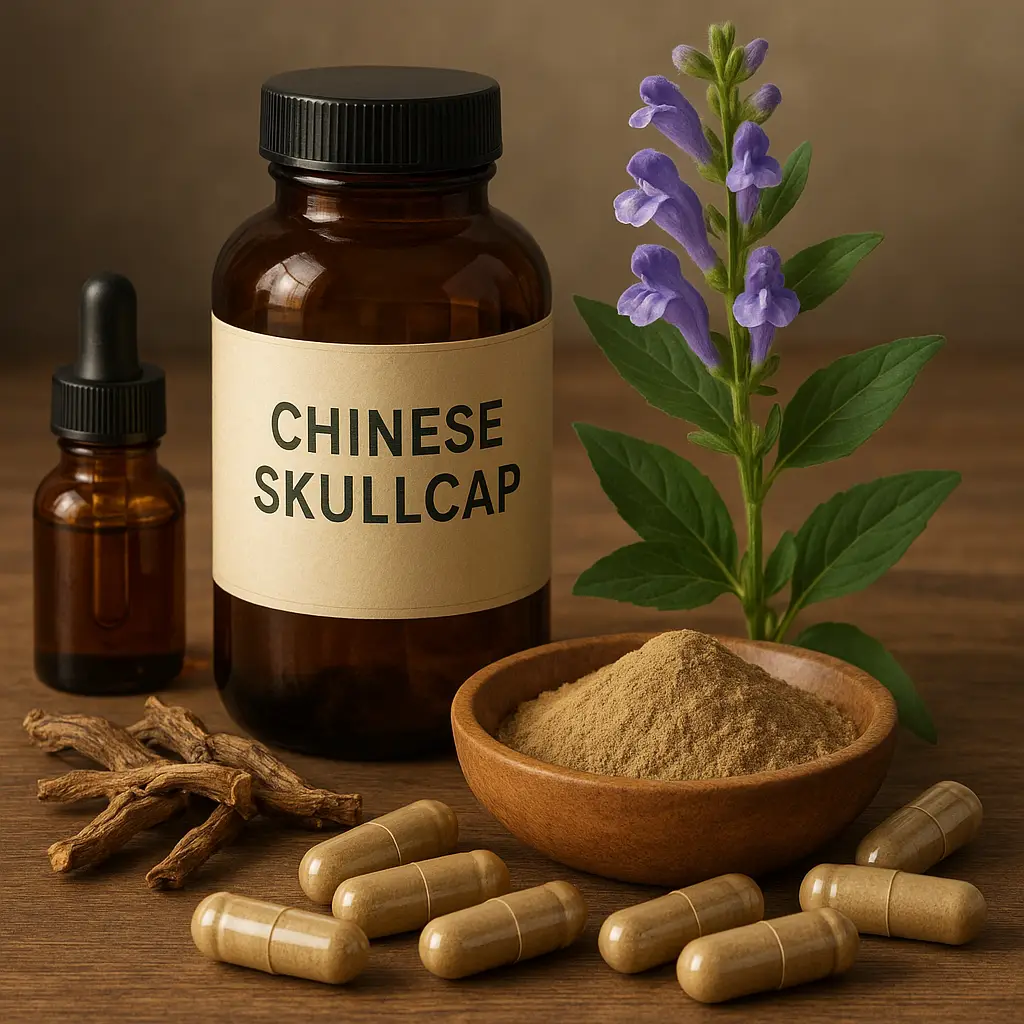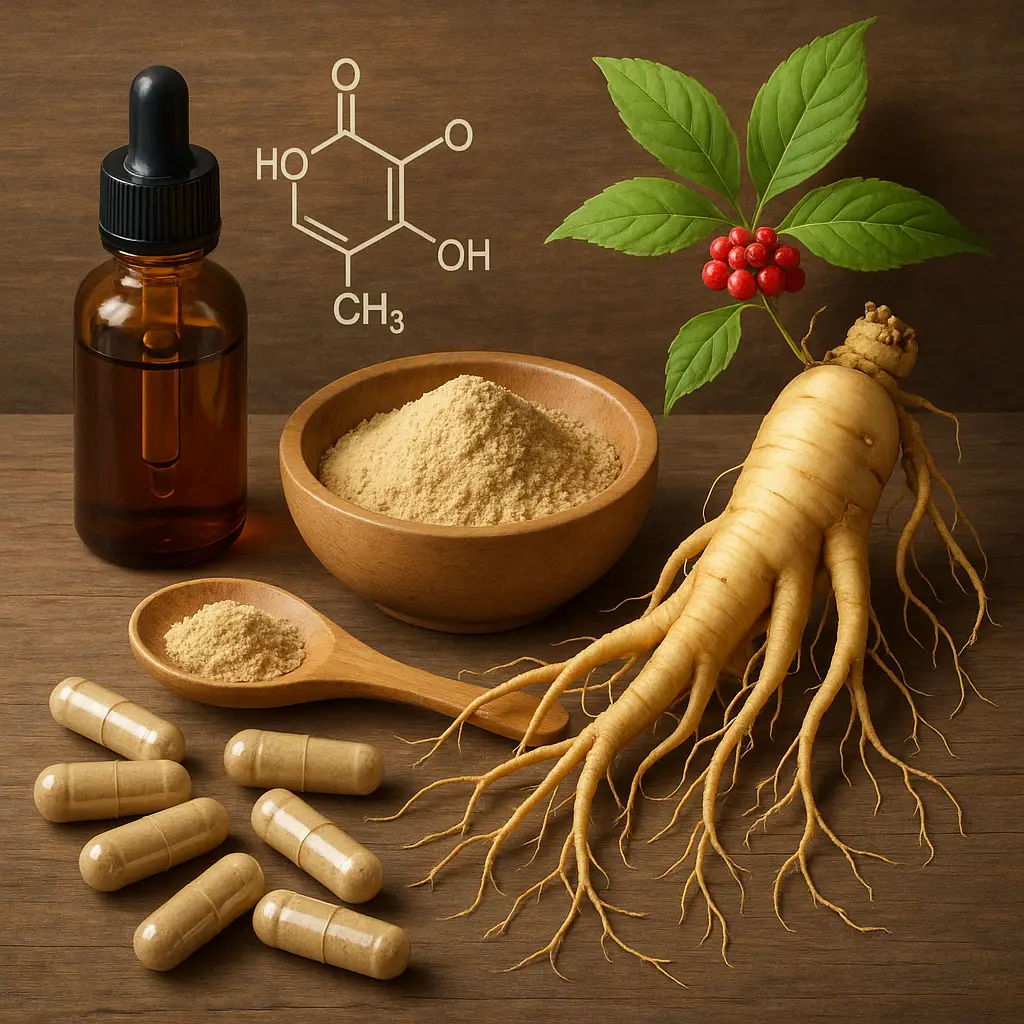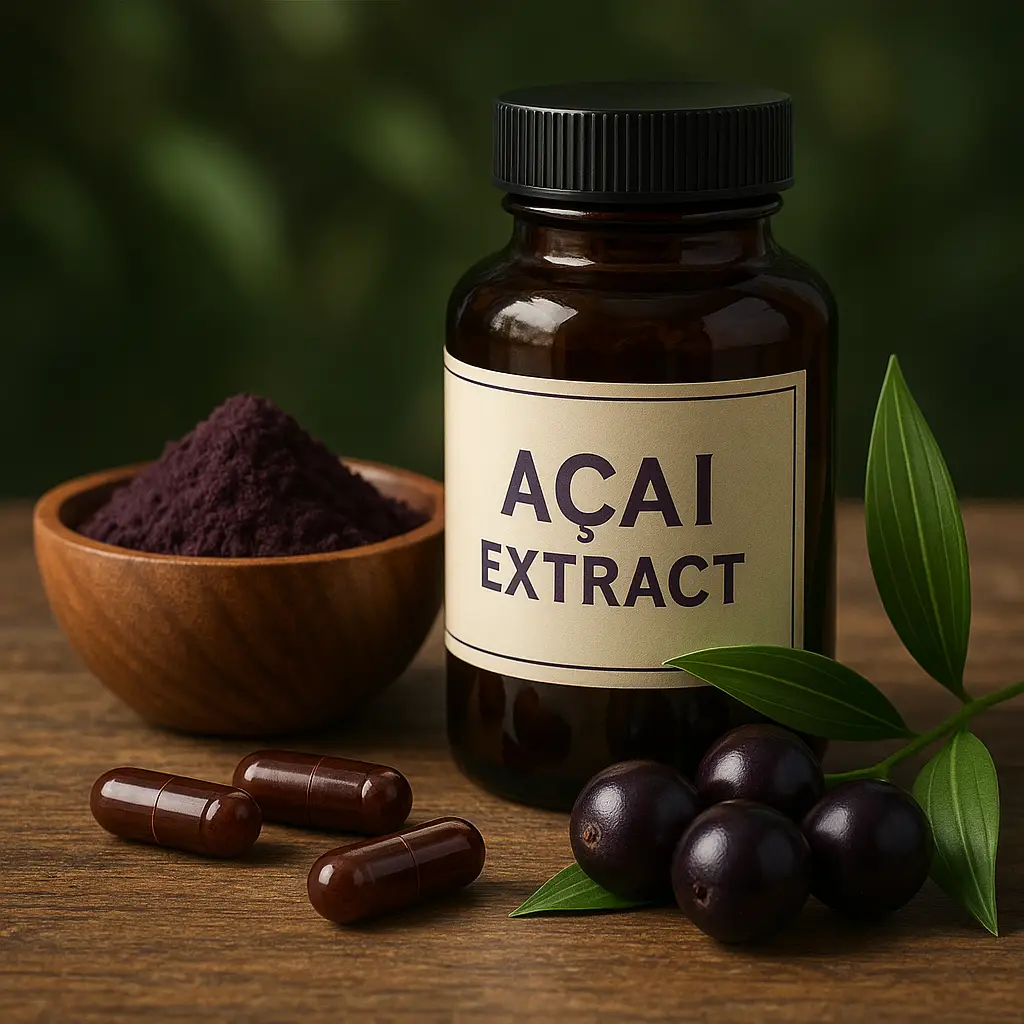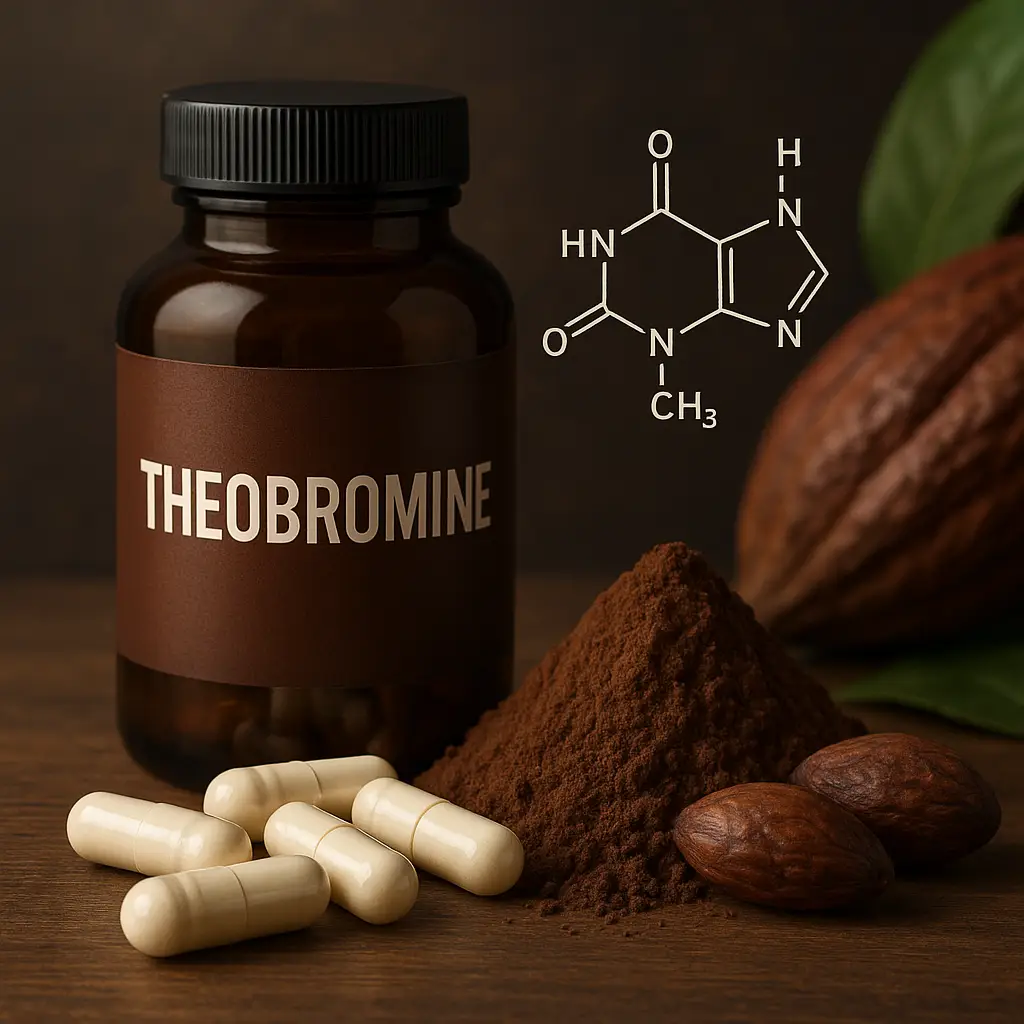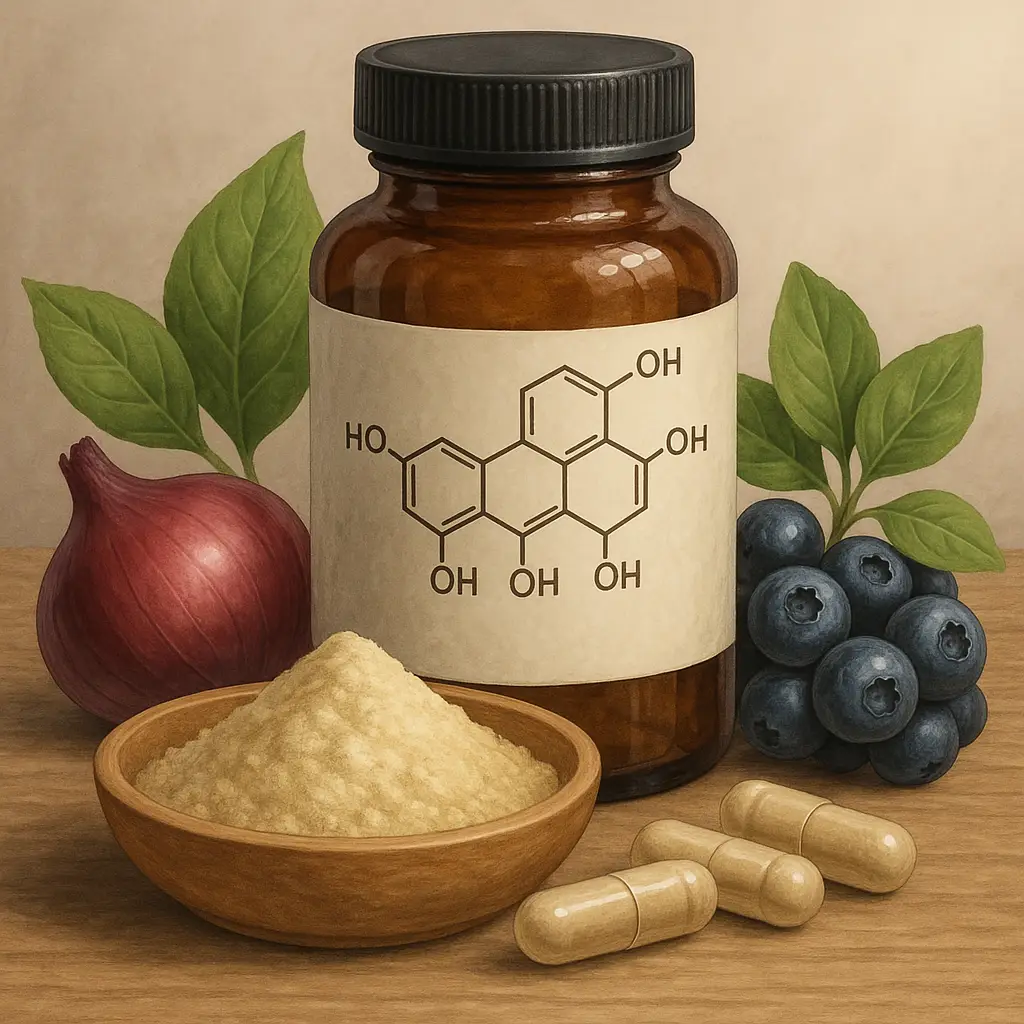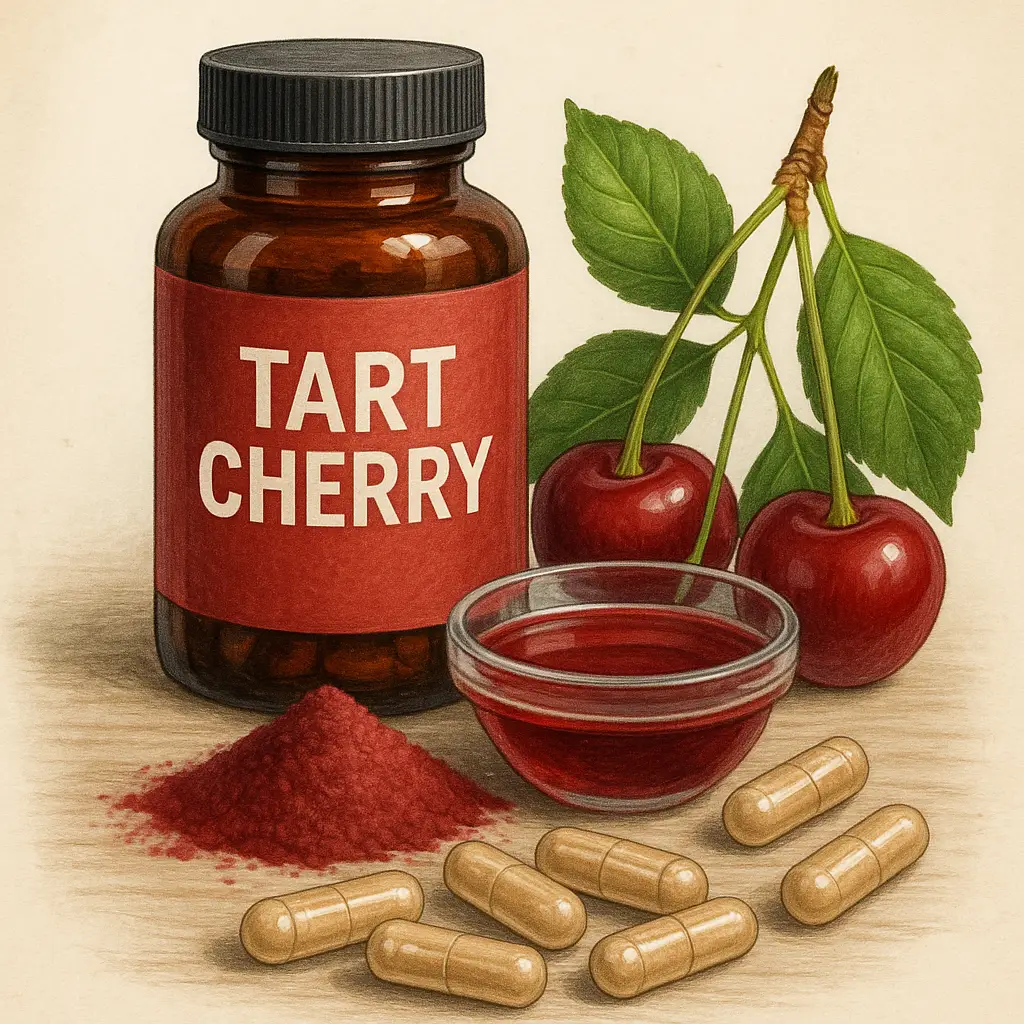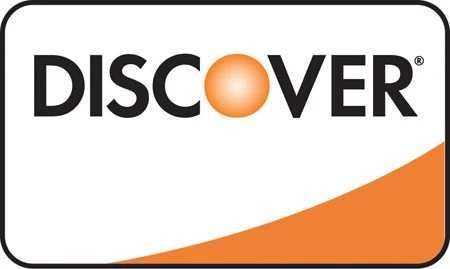Beta Sitosterol
What is Beta Sitosterol?
Beta Sitosterol is a phytosterol, a natural compound structurally similar to cholesterol, found in various plant-based sources. It is primarily derived from certain edible plants, nuts, and oils. Its molecular structure allows it to block the absorption of cholesterol in the intestines, which is one of the reasons for its health benefits. Beta Sitosterol is commonly found in foods like avocados, nuts, seeds, corn oil, and soybeans.
Benefits of Beta Sitosterol
-
Cholesterol Reduction: Beta Sitosterol helps reduce levels of low-density lipoprotein (LDL) cholesterol, contributing to cardiovascular health.
-
Anti-Inflammatory Effects: It exhibits anti-inflammatory properties that may help in managing symptoms of chronic conditions, including arthritis.
-
Support for Prostate Health: Beta Sitosterol is noted for promoting urinary health in men, particularly in alleviating symptoms of benign prostatic hyperplasia (BPH).
-
Improved Immune Function: Some studies suggest that Beta Sitosterol can enhance the immune response, potentially helping the body to fend off infections.
-
Potential Anti-Cancer Properties: Preliminary research indicates that phytosterols, including Beta Sitosterol, may inhibit the growth of certain cancer cells, though more research is needed.
Types or Forms Available of Beta Sitosterol
Supplement Capsules or Tablets: Commonly available for easy dosage.
Plant Sterol-Fortified Foods: Some margarine and yogurt products are enhanced with plant sterols, including Beta Sitosterol.
Powdered Form: Can be added to smoothies or food for those who prefer a non-capsule method.
How to Use Beta Sitosterol
The recommended dosage of Beta Sitosterol varies, but common guidelines suggest:
General Dosage: 500 to 1500 mg per day, taken with meals to enhance absorption.
Timing: It is most effective when taken with food, particularly meals containing fats, which can help improve absorption.
Side Effects and Considerations of Beta Sitosterol
Beta Sitosterol is generally considered safe for most people when taken correctly. However, some individuals may experience minor side effects such as:
Digestive issues, including diarrhea or constipation.
Nausea in some individuals.
People with existing medical conditions, particularly those related to cholesterol management or hormone-sensitive conditions, should consult a healthcare provider before starting supplementation.
Foods Rich in Beta Sitosterol
Beta Sitosterol is naturally found in a variety of foods, including:
Nuts (especially pecans, almonds, and hazelnuts)
Seeds (such as pumpkin and sunflower seeds)
Vegetable oils (corn oil, canola oil, and soybean oil)
Legumes (like lentils and peas)
Whole grains (oats and wheat germ)
Common Myths About Beta Sitosterol
-
"Beta Sitosterol is only for cholesterol management." False. While it is well-known for cholesterol-lowering benefits, it also supports prostate health and immune function.
-
"All plant sterols are the same." False. There are many types of phytosterols, and each has unique properties and benefits, including Beta Sitosterol.
-
"Beta Sitosterol is unsafe for long-term use." False. It is considered safe for long-term use, though individual responses may vary.
Conclusion
Beta Sitosterol is a versatile and beneficial phytosterol that can play a significant role in managing cholesterol levels and supporting overall health. Its natural presence in numerous foods makes it accessible for those seeking to improve their heart health, prostate function, and immune support. As with any supplement, it is essential to consider personal health goals and consult with a healthcare professional for personalized guidance.



